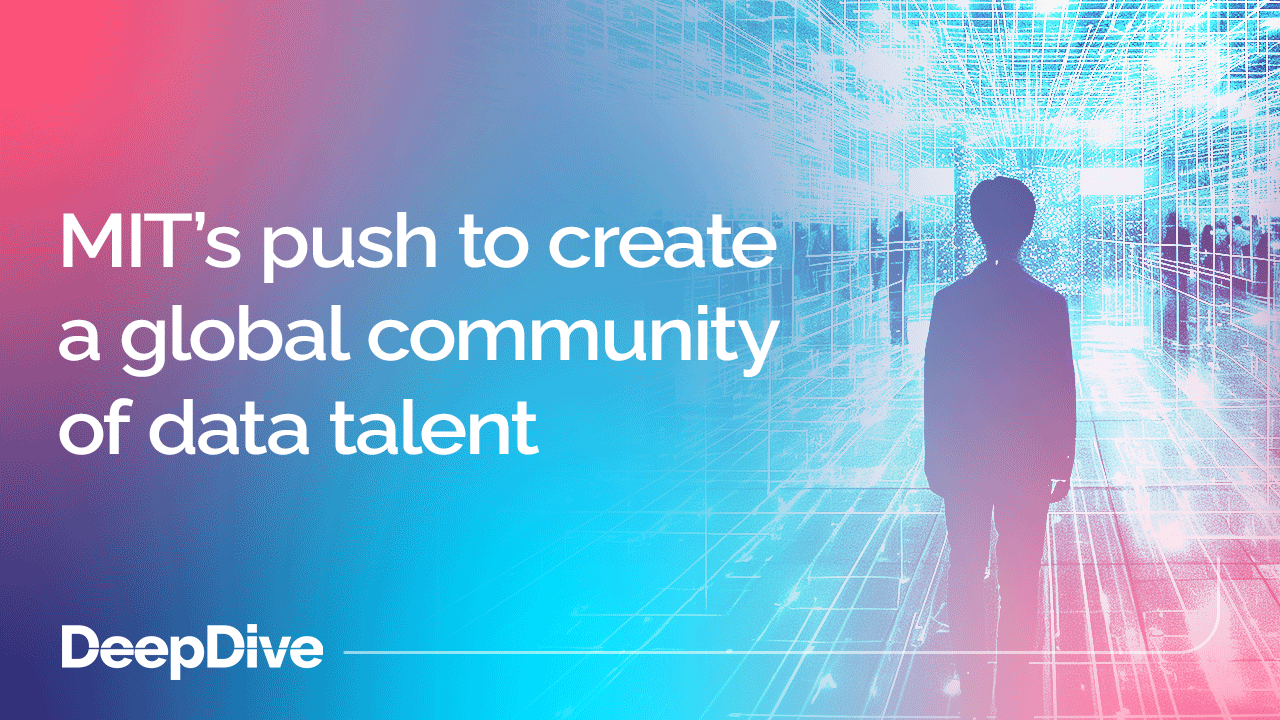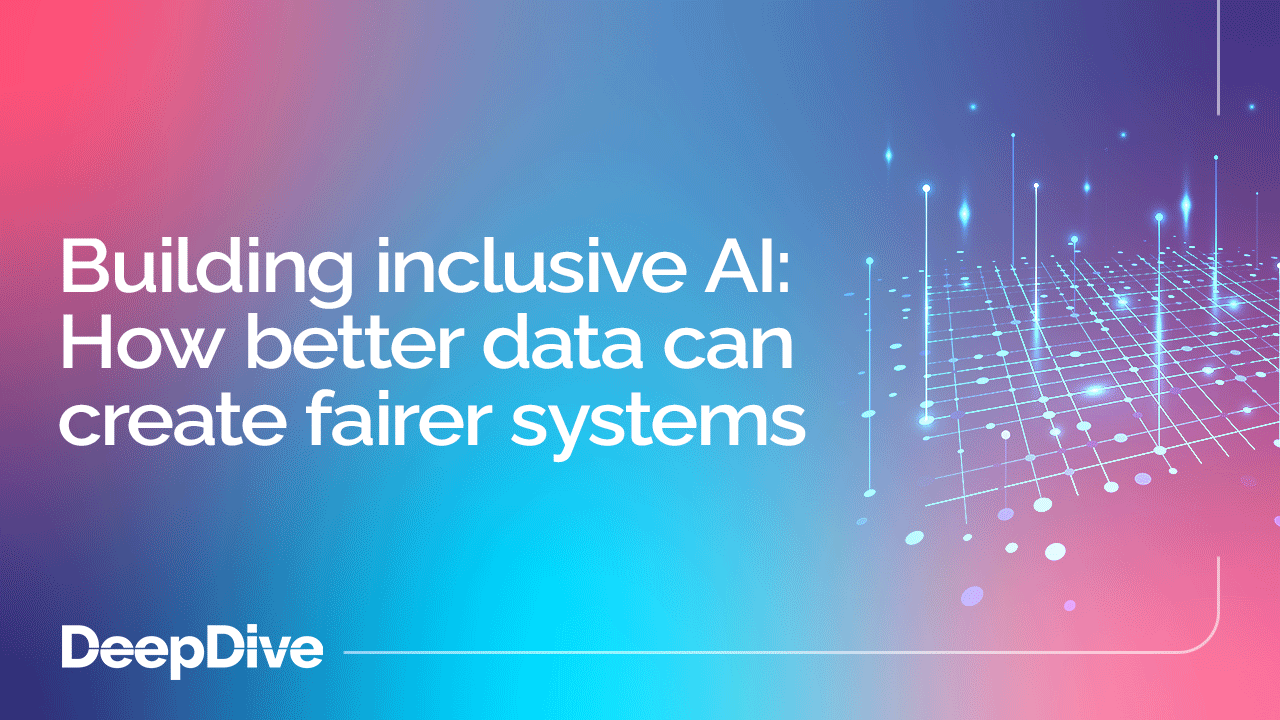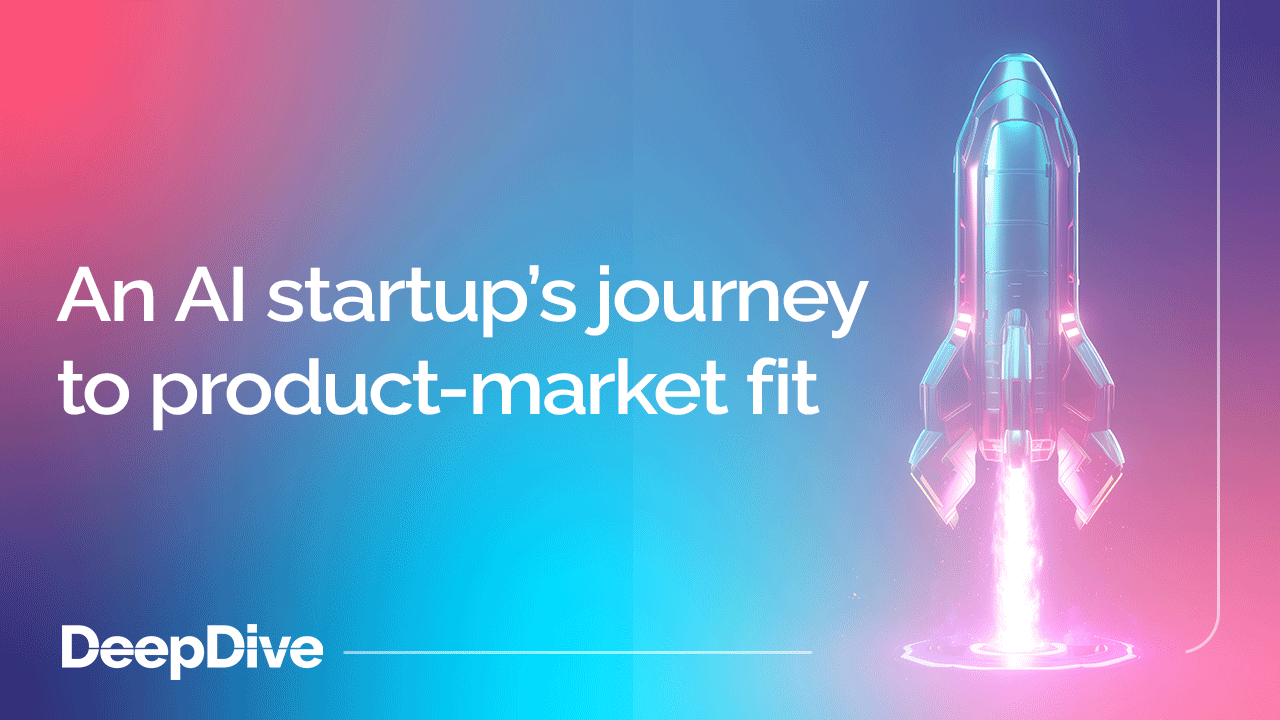

A simpler way to predict cancer with AI

Welcome to the 23 new deep divers who joined us since last Wednesday. If you haven’t already, subscribe and join our community in receiving weekly AI insights, updates, and interviews with industry experts straight to your feed.
DeepDive
Your weekly immersion in AI.
AI has far-reaching implications for healthcare, and one of the questions that comes up again and again is whether AI could find a cure for cancer.
According to Worldwide Cancer Research, current expectations are that AI won’t be able to eradicate cancer – but it’ll help researchers and medics improve life expectancies for most types of cancer, and develop more efficient and accurate screening methods.
In March this year, researchers from Duke Biomedical Engineering published a paper in the peer-reviewed journal Radiology about a new deep learning model called AsymMirai, which can predict breast cancer cases by comparing different images of tissue.
A new way of using existing AI technology
AsymMirai simplifies previous models used to predict the likelihood of cancer, by only comparing differences between images in order to predict risk.
Speaking to Medscape, Jon Donnelly (Co-lead author of the paper in Radiology) said, “With traditional AI, you ask it a question and it spits out an answer, but no one really knows how it makes its decisions. It’s a black box. With our approach, people know how the algorithm comes up with its output so they can fact-check it and trust it.”
AsymMirai uses an interpretable module: local bilateral dissimilarity (localised differences between tissue). The study included screening mammograms from 81,824 patients, and compared results with those of a more complex AI model the research team had developed earlier – finding that AsymMirai, in all its simplicity, performed almost as well.
Another layer of vigilance
Because it’s simpler and easier to use than cancer-predicting models to date, and offers transparent results, it’s hoped that AsymMirai will be able to take up a valuable role in cancer screening in a relatively short space of time.
Its predecessor is Mirai – a breakthrough model that hit the headlines in 2021, with the potential to predict cases up to five years before the patient actually presents with cancer.
Mirai identified up to twice as many future cancer diagnoses as Tyrer-Cuzick, the conventional cancer risk calculator. And Mirai was accurate across a diverse group of patients, which is important to note, because both healthcare and AI are known to under-perform for minority groups (or to be biased against them).
While Tyrer-Cuzick uses data on personal and family history to calculate risk, Mirai analyses comprehensive raw data sets embedded within a mammogram in order to catch patterns and anomalies that a human radiographer might miss. It scores mammogram images between 0 and 1 to indicate the patient’s risk of cancer in 1, 3, or 5 years.
A key difference between Mirai and AsymMirai, though, is that Mirai’s creators aren’t entirely sure how their model figures out that score. And that has, understandably, made healthcare practitioners wary of leveraging the model.
They did discover that its scores relied on the analysis of subtle differences between images. So the research team took that knowledge and stripped the model back to its core – creating AsymMirai.
A system to triage patients according to risk
With its high accuracy for predicting whether a patient will develop breast cancer in 1-5 years, AsymMirai could become a valuable triaging tool, serving two key purposes:
- Enabling radiologists to offer more frequent mammogram screening to patients who get high scores on AsymMirai, and potentially add MRI screening for particularly high-risk patients;
- Allowing patients with very low risk scores to have less frequent screening; so they don’t have to needlessly undergo uncomfortable mammograms every year, for example.
AI is moving us towards greater accuracy and personalised plans for cancer care
Accuracy is everything in cancer screening and treatments – and AI is increasing our potential to assess each individual according to their unique physiological and personal circumstances, and develop personalised plans to screen and (when needed) treat cancer.
We’re seeing major steps forward in every area of cancer research and care. And AI will continue to enable those important leaps as we go forwards.
Join us at DeepFest 2025
Discover the most up-to-date research and developments in AI for healthcare at DeepFest 2025. Register now to secure your place.


Building inclusive AI: How better data can create fairer systems
Moving towards tech that works for everyone

Related
articles


Building inclusive AI: How better data can create fairer systems
Moving towards tech that works for everyone

